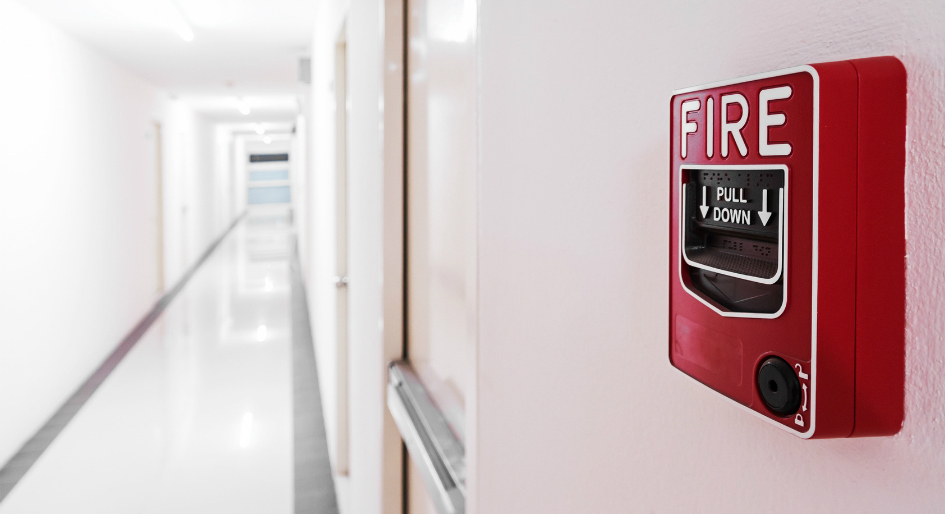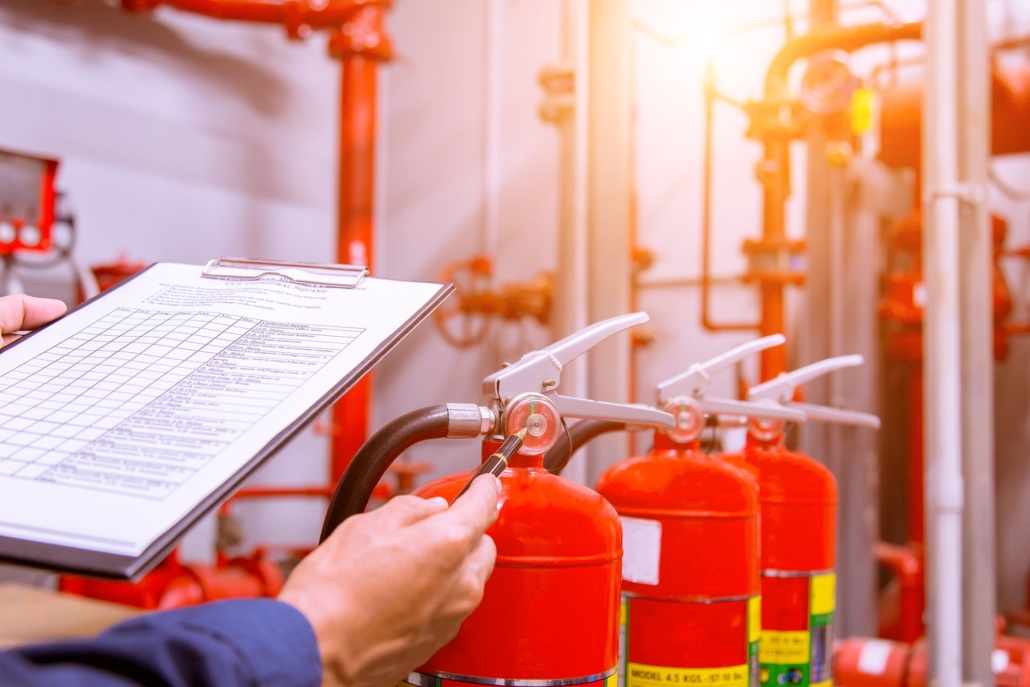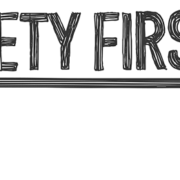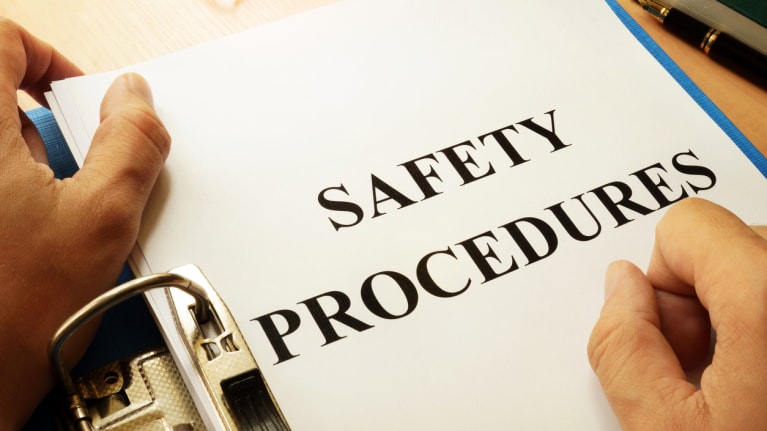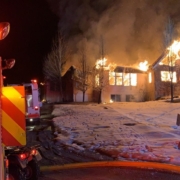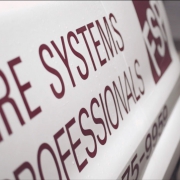7 Reasons Your Business Should Use CCTVs
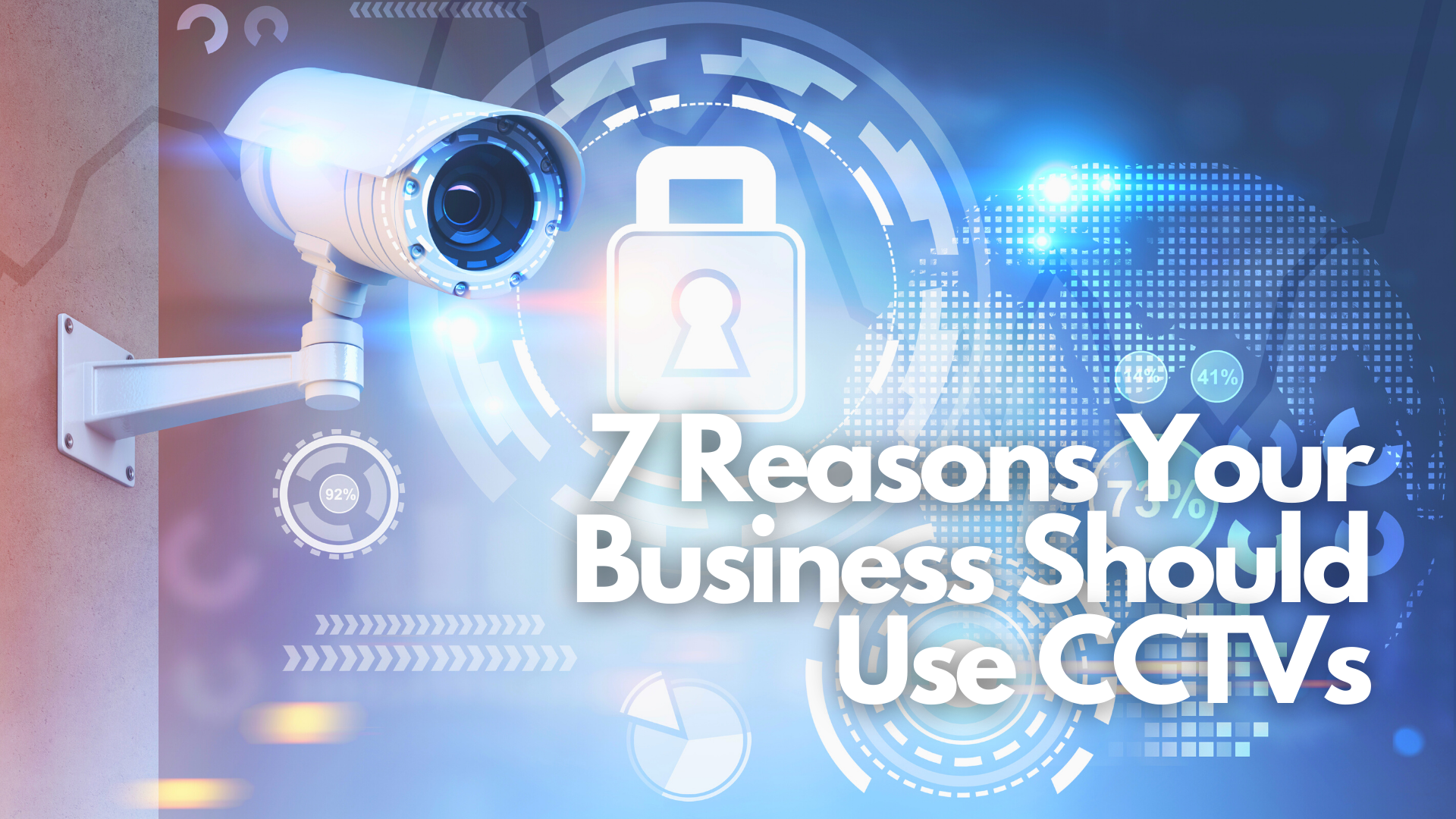
Info provided by vizocom.com
One of the most cost-effective ways to provide security in the workplace is with CCTV Security or Video Surveillance Systems. The highly advanced technology of modern security cameras allows businesses to lower costs and risks by protecting their assets with continuous and seamless monitoring of their facilities. These relatively inexpensive cameras have for the most part replaced expensive security guards while increasing the reliability and accountability to near 100% by providing real-time remote video surveillance.
Here are six reasons why CCTV systems are crucial and extremely necessary for businesses today:
- Reduce Cost and Risk
CCTV security systems prove themselves as the best investment as soon as they are installed. Full view of your premises and real-time recording as well as remote online access by owner/manager lowers the risk and prevents costly incidents such as burglary, fire, vandalism, etc.
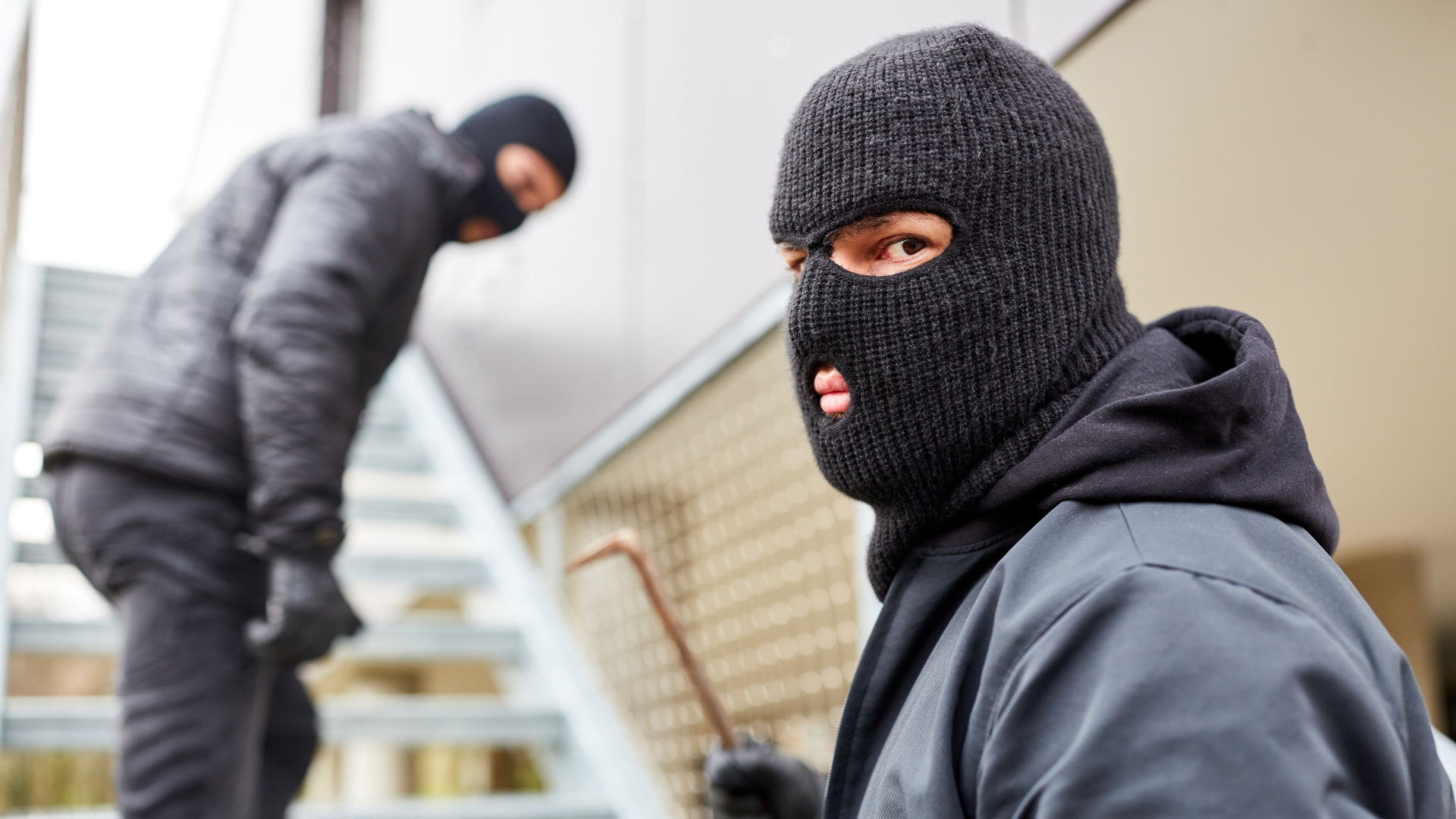
- Prevent and Deter Crime
Criminals target buildings and facilities when they see there is no monitoring or watchdog. The very presence of CCTV cameras on an installation is enough to deter potential criminals and prevent their action at the outset. Similarly, by the sight of a safety hazard, employees can take the necessary action to reduce the risk and alleviate the source in the shortest possible time.
- Fool-Proof Coverage
A well-designed CCTV infrastructure is practically impenetrable and can provide 100% coverage. Multiple cameras keeping an eye on each other’s blind spots in addition to keeping an eye on the most vulnerable areas of the property, full monitoring is not hampered by human errors such as the guard being on shut-eye or being busy with something else. Remote online access as well as a recording of the events documents everything should it be needed by the police or judge.

- Keep Your Employees Honest
CCTV cameras on the outside prevent break-ins by outsiders, but if installed inside the facility to monitor sensitive materiel, goods, and assets, as well as vulnerable areas of a facility, it will prevent wrongdoing by company employees. Even if something happens, the recorded video will prevent wrong accusations and a lack of trust among all staff.
- Encourage Good Behavior
CCTV cameras help in creating discipline among employees and customers alike. CCTV cameras encourage employees and buyers to be on their best behavior alike. It also gives customers a sense of security and safety as they know they are protected and gives them confidence in doing business with you.
- Prevent Safety Incidents
CCTV cameras can be installed in high-risk areas of a business facility or establishment. These high-risk and accident-prone areas include locations where fires can break out as well as locations where a potential danger to the building and personnel exists. Properly selected cameras can prevent potential damage because emergency measures can be taken immediately with careful monitoring.

- Assist Law Enforcement
CCTV recording of the scene of the crime, allows law enforcement agencies to use the footage and release photos and videos of the culprits to the public. A picture or a video record of the suspect can make a huge difference when it comes to making an arrest and getting dangerous criminals off the street.
So there you have it! We hope that we have enlightened you on the importance of CCTV Security Systems for your business. If you wish to know more about CCTV systems, contact FSP today!



